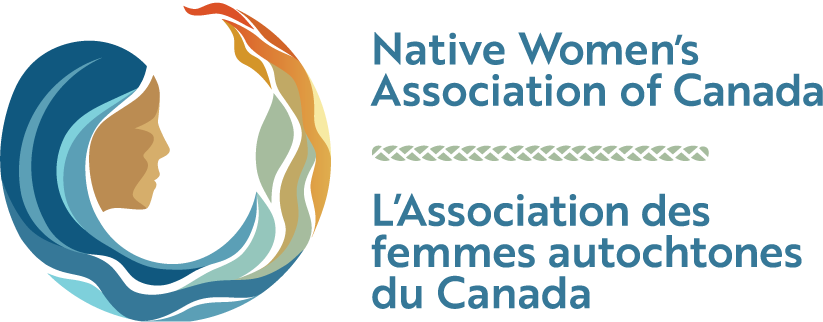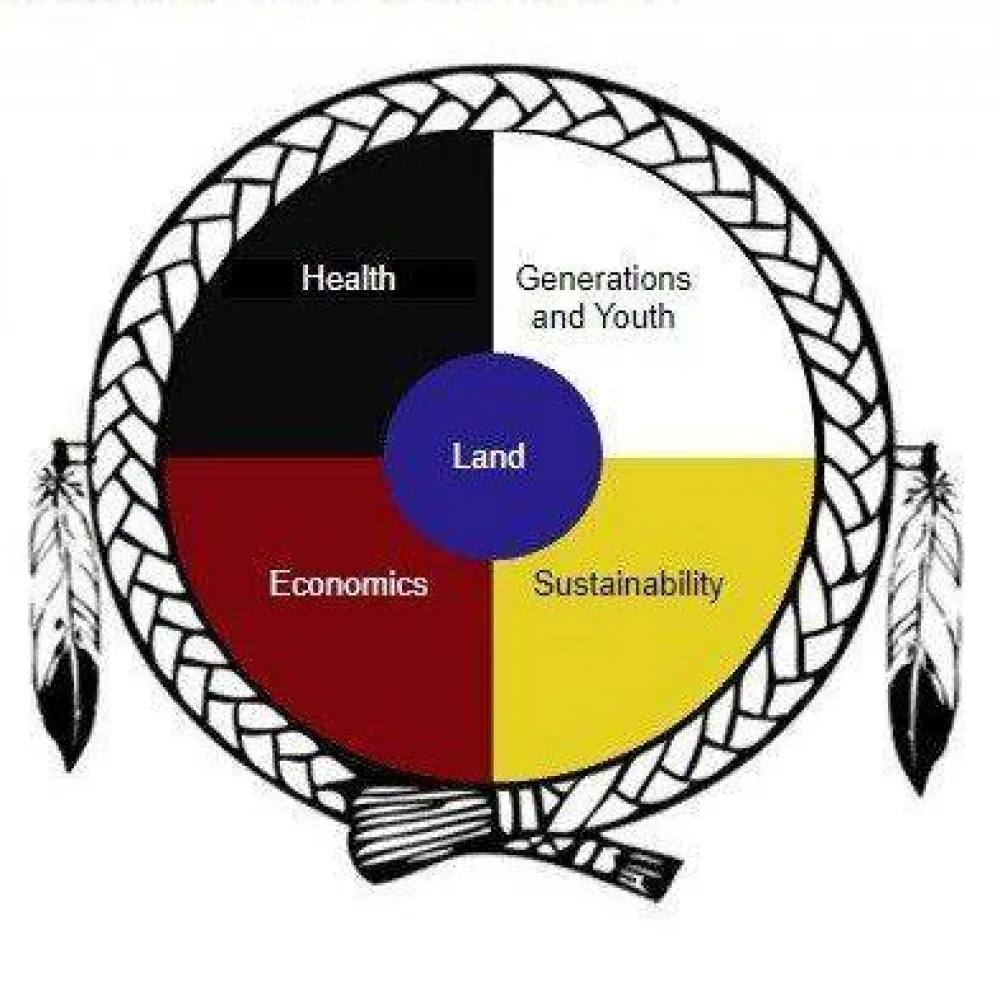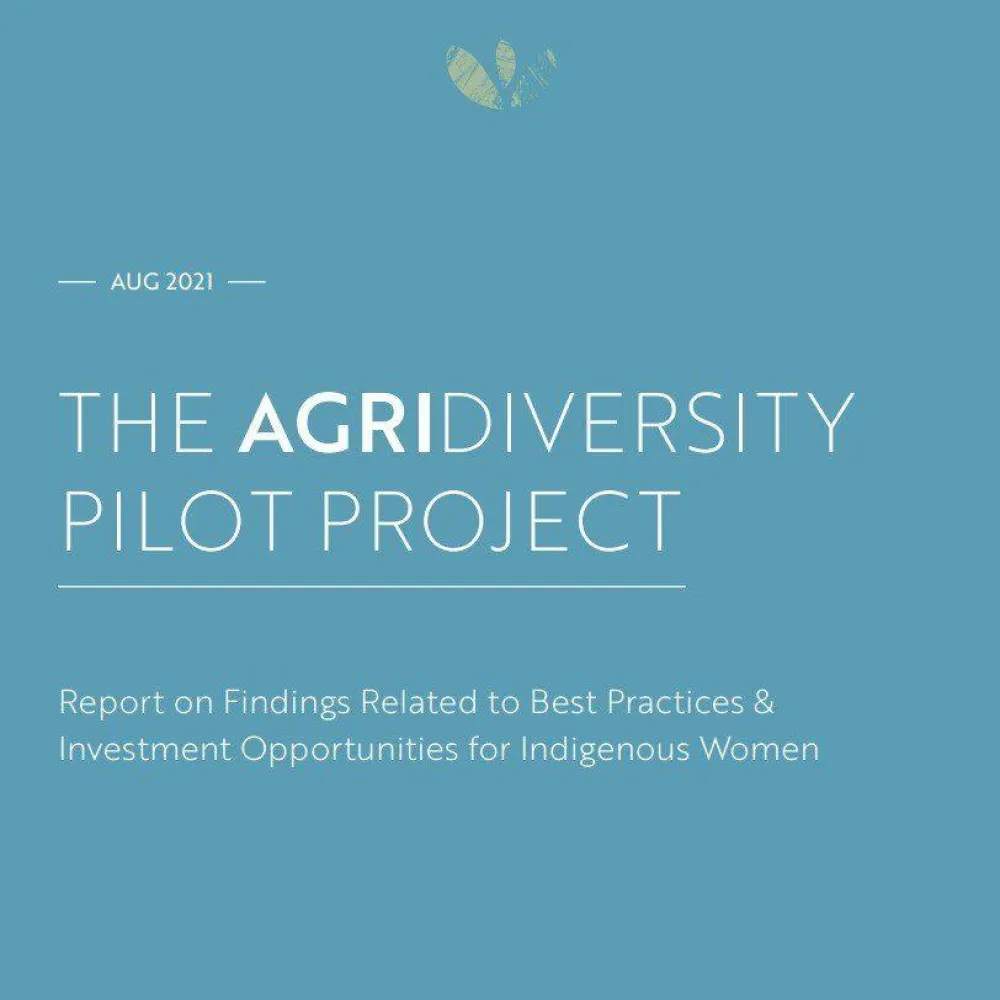Summary
Food is integral for Indigenous Peoples’ cultures and traditions. The relationship to food is holistic and sustainable; it is also based on mutual respect for animals hunted, and fruits and vegetables harvested. Indigenous women play an important role in transmitting cultural teachings and Traditional Knowledge to new generations, specifically on how to prepare traditional foods. Colonization impacted access to traditional food and knowledge. Inaccessibility to traditional food means Indigenous People must rely on Western food, which is not always affordable or accessible.
NWAC has conducted a number of surveys that show Indigenous Women, Girls, Two-Spirit, Transgender, and Gender-Diverse Peoples have difficulty accessing healthy food options, and therefore, experience barriers accessing Traditional Knowledge on food gathering. In response, NWAC launched the Agri-Diversity Pilot Project, which further studies Indigenous food systems and provides support to Indigenous women and gender-diverse people through a national network of gardeners and resources. NWAC continues to support Indigenous food systems and empower Indigenous women and gender-diverse people with the continuation of the Project. NWAC also advocates for inclusion of Indigenous knowledge in food policies at the federal level.






